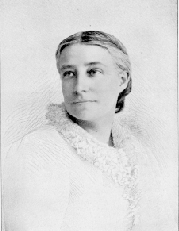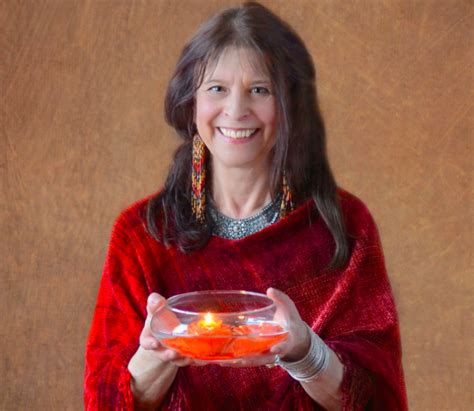A Quote by William Shakespeare
Spirits are not finely touched But to fine issues, nor Nature never lends The smallest scruple of her excellence But like a thrifty goddess she determines Herself the glory of a creditor,Both thanks and use.
Related Quotes
Thyself and thy belongings
Are not thine own so proper, as to waste
Thyself upon thy virtues, they on thee.
Heaven doth with us as we with torches do,
Not light them for themselves; for if our virtues
Did not go forth of us 't were all alike
As if we had them not. Spirits are not finely touch'd
But to fine issues; nor Nature never lends
The smallest scruple of her excellence,
But, like a thrifty goddess, she determines
Herself the glory of a creditor -
Both thanks and use.
When the soul is naughted and transformed, then of herself she neither works nor speaks nor wills, nor feels nor hears nor understands; neither has she of herself the feeling of outward or inward, where she may move. And in all things it is God who rules and guides her, without the meditation of any creature.... And she is so full of peace that thought she pressed her flesh, her nerves, her bones, no other thing come forth from them than peace.
The Girl of the Period, sauntering before one down Broadway, is one panorama of awful surprises from top to toe. Her clothes characterize her. She never characterizes her clothes. She is upholstered, not ornamented. She is bundled, not draped. She is puckered, not folded. She struts, she does not sweep. She has not one of the attributes of nature nor of proper art. She neither soothes the eye like a flower, nor pleases it like a picture. She wearies it like a kaleidoscope. She is a meaningless dazzle of broken effects.
There was a warmth of fury in his last phrases. He meant she loved him more than he her. Perhaps he could not love her. Perhaps she had not in herself that which he wanted. It was the deepest motive of her soul, this self-mistrust. It was so deep she dared neither realise nor acknowledge. Perhaps she was deficient. Like an infinitely subtle shame, it kept her always back. If it were so, she would do without him. She would never let herself want him. She would merely see.
The universal nature has no external space; but the wondrous part of her art is that though she has circumscribed herself, everything which is within her which appears to decay and to grow old and to be useless she changes into herself, and again makes other new things from these very same, so that she requires neither substance from without nor wants a place into which she may cast that which decays. She is content then with her own space, and her own matter, and her own art.
Later she sat on the ground in the forest between school and home, and spring was so bright and beautiful, the warm air touched her so tenderly, she could almost feel herself changing into a flower. Her light dress felt like petals. "I love everything," she heard herself say. "So do I," a voice answered. Pearl straightened up and looked around. No one was there.
You must be mistaken," Isabel said, unconcerned by the insult that the words carried. "I assure you i am not. Voluptas is nearly always portrayed wrapped in roses. If that were not enough, her faces confirms her identity." "You cannot tell a goddess from a face carved in marble," she scoffed. "You can tell Voluptas by her face." "I've never even heard of this goddess, and you know what she looks like?" "She is the goddess of sensual pleasure." Isabel's mouth fell open at the words. She could not think of a single thing to say in response. "Oh
Divinity reveals herself in all things. Everything has Divinity latent within itself. For she enfolds and imparts herself even unto the smallest beings, and from the smallest beings, according to their capacity. Without her presence nothing would have being, because she is the essence of the existence of the first unto the last being.
She imagined herself both queen and slave, dominatrix and victim. In her imagination she was making love with men of all skin colors--white, black, yellow--with homosexuals and beggars. She was anyone's, and anyone could do anything to her. She had one, two, three orgasms, one after another. She imagined everything she had never imagined before, and she gave herself to all that was most base and most pure.
Women's stories are as powerful, inspiring, and terrifying as the goddess herself. And in fact, these are the stories of the goddess. As women, we know her because we are her. Each woman, no matter how powerless she might feel, is a cell within her vast form, an embodiment of her essence, and each woman's story is a chapter in the biography of the sacred feminine.
Charity never lacks what is her own, all that she needs for her own security. Not alone does she have it, she abounds with it. She wants this abundance for herself that she may share it with all; and she reserves enough for herself so that she disappoints nobody. For charity is perfect only when full.





































